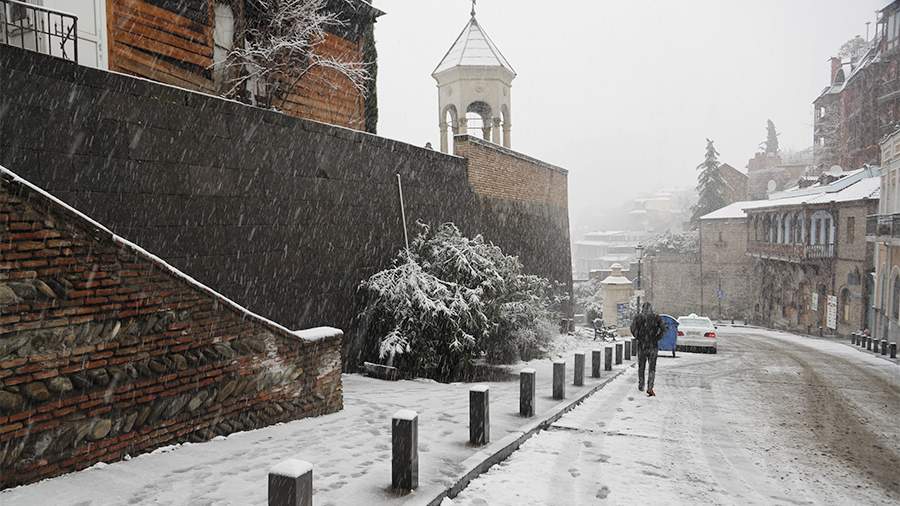Georgia refused to impose retaliatory sanctions on Estonia and Lithuania

Georgia will not impose sanctions against Lithuania and Estonia in response to the restrictions approved by the Baltic republics. This was announced by the Georgian government on December 16.
The day before, December 15, the Lithuanian Foreign Ministry said that the republic together with Estonia imposes sanctions against 17 Georgian politicians, including Prime Minister Irakli Kobakhidze. The ministry cited the authorities' attempts to stop protests in Tbilisi as the reason for the move.
"The Georgian authorities have the right and opportunity to oppose the anti-Georgian decision of the Lithuanian and Estonian governments. However, out of respect for the Lithuanian and Estonian peoples, we do not consider it appropriate to take such a step," the government said in a press release published on its website.
Tbilisi prefers to maintain a "unilateral friendship regime" with Vilnius and Tallinn in order not to jeopardize the traditionally good relations with the peoples of the two Baltic republics.
The Georgian government recalled that Estonia and Lithuania have the least sovereignty in the European Union (EU), and the unification countries act to the detriment of their residents. Summarizing, the Georgian Cabinet wished the peoples of the two Baltic republics to strengthen their independence.
Earlier on December 2, Estonian Foreign Minister Margus Tsahkna said on December 2 that Estonia, Latvia and Lithuania had agreed to impose sanctions against those involved in the suppression of protests in Georgia. Russian Deputy Foreign Minister Mikhail Galuzin, commenting on this, drew attention to the fact that Russia has a negative attitude towards any attempts to interfere in the affairs of foreign states.
Later, on December 14, Georgian presidential candidate from the Georgian Dream party Mikhail Kavelashvili won the required 200 votes in the presidential election, where for the first time in Georgia's history the electoral college, rather than citizens, voted for a candidate for the post of head of state. The session began at 09:00 (08:00 Moscow time) and lasted until 14:00 (13:00 Moscow time). The collegium consisted of 300 people, 211 of them were members of the ruling Georgian Dream party.
Meanwhile, protests continue in Georgia over the suspension of negotiations on European integration and the opposition's disagreement with the results of parliamentary elections. Protesters tried to set fire to the Georgian parliament building and damaged dozens of offices, while law enforcement agencies had to use tear gas.
Переведено сервисом «Яндекс Переводчик»

